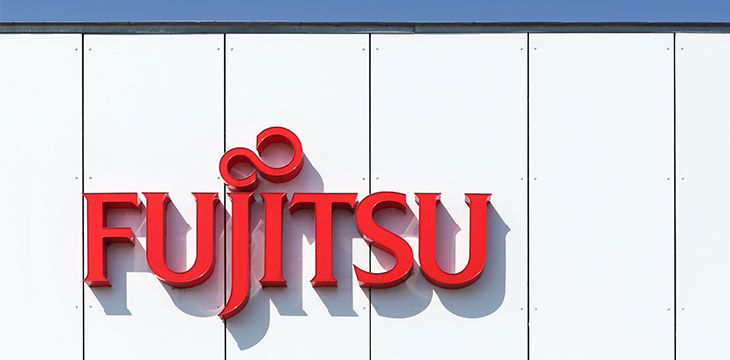|
Getting your Trinity Audio player ready...
|
Already an old hat to blockchain, Fujitsu announced this week the opening of its newly created Blockchain Innovation Center in Brussels, Belgium. The new installation will be dedicated to the research of blockchain technology, as well as the development of projects in conjunction with public and private companies.
Fujitsu Benelux head Yves de Beauregard said the new Blockchain Innovation Center “demonstrates the importance Fujitsu attaches to blockchain as a technology, and to Brussels as location for supporting our international customers investigating or already implementing blockchain solutions.”
“The underlying principle of blockchain is that transactions are virtually impossible to alter, creating a high level of trust. This is just the beginning, as we intend to explore the wider potential use of blockchain in a variety of commercial areas,” the executive said in a statement.
In addition to blockchain innovation, the new center is designed to explore blockchain’s usability in smart city services. With over 50% of the world population living in urban areas, local governments will find themselves looking at an array of challenges in urban planning, according to Fujitsu. Blockchain technology will be an integral component in helping to solve social and economic problems in smart cities.
Fujitsu is a leading Information Technology (IT) multinational company headquartered in Japan, and the fourth-largest IT service provider in the world, following IBM, HP and Accenture. Fujitsu already has its hands in several crypto and blockchain operations. Two years ago, the company developed a secure document-sharing system that was based on blockchain technology, and followed that up with the creation of another system for secure data sharing a year later.
An Ethereum smart bug detecting application was released by the company earlier this month. That technology authenticates the source code of smart contract transactions to ensure their validity, and alerts developers of any issues. Not only does the software verify transactional source code data, it can also tell developers exactly where bugs are in the system.

 02-24-2026
02-24-2026 




